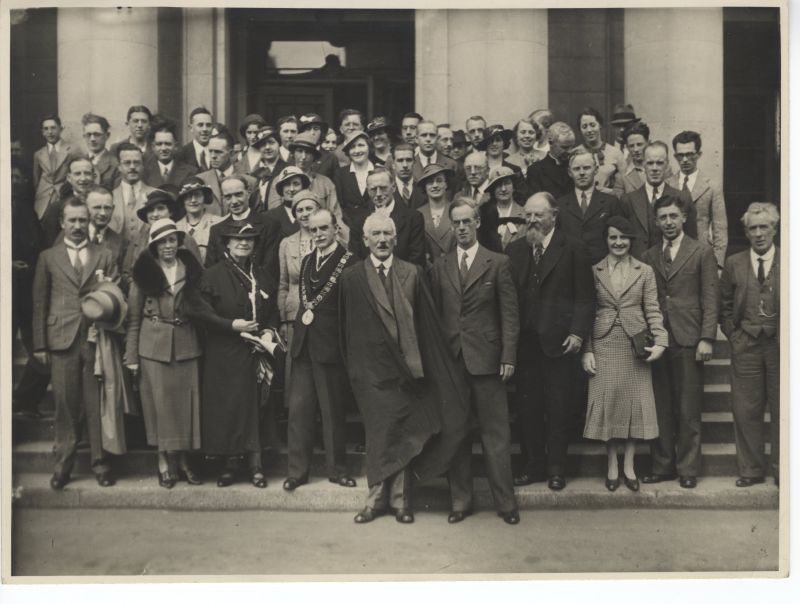Task forces should be established in response to a perceived need, for example the need to revitalise the association’s website, or to update the association’s Memorandum and Articles of Association, or to respond to employment issues, or to advise on issues of professional interest.
Task forces may arise from:
A request from a section, group, committee or panel of the association
A response to an AGM motion
An initiative of the Executive Board
A request from government or other agency.
Task forces should be:
timely
focussed
goal-oriented
operate to agreed parameters
report to the Executive Board
Task forces must be ratified by the Executive Board.
They must agree terms of reference and schedules which must be approved by the Executive Board.
The Executive Board will appoint a chair to the task force. The chair will normally be a member of the Executive Board.
Task forces must report on an ongoing basis to the Executive Board.
The minutes and documentation (electronic or hardcopy) relating to the work of the task force are the property of the association; minutes should be transferred to the Hon. Secretary of the association on sign-off by the task force chair and other documentation must be transferred on completion of the task force’s term.
On completion of the work, the task force should present a written report which may include the following:
An introduction outlining the raison d’être of the task force, terms of reference, members, chair, number of meetings etc.
An executive summary of the work and a list of the main recommendations, together with a schedule for implementation of these, as appropriate.
Section dealing with the work of the task force, interviews, case studies.
Elaboration of recommendations.
Bibliography as appropriate.
Acknowledgements.
The Executive Board, on receipt and acceptance of the report will decide on further action. This could include retention of the report as an internal working document and/or taking the report to the AGM of the association for consideration and approval, as appropriate, and/or publication of the document on the website or otherwise, as appropriate.
Guidelines
Task forces will produce different kinds of reports, depending on their focus. Some will be action driven, whilst others will be more theoretical. Some will be more time-specific than others. However, it is essential that the work which they produce is timely and relevant. For these reasons, it is advised that task forces should be relatively small, should operate on a short time line, should be task-specific and should report in a succinct and timely fashion. In general, task forces should be appointed and should report within the term of office of the Executive Board which appointed them. Exceptionally, a second term, or part thereof, may be required and this should be flagged to the Executive Board in advance of the association’s AGM.
Task forces may
co-opt additional members as needs arise;
or seek external advice or expertise, depending on the circumstances;
or propose interim recommendations or pilot studies.
However, if there are resourcing implications, financial or otherwise, Executive Board sanction will be required. It is a given that task forces should adhere to the principles of best practice, should be compliant with the Data Protection Acts and should operate in a manner which will reflect high standards of professional ethics.
Prepared by Siobhán Fitzpatrick, reviewed and adopted by the Executive Board, 17 June 2010 Issued: 24 June 2010
























